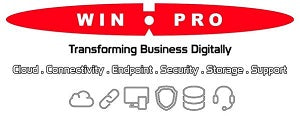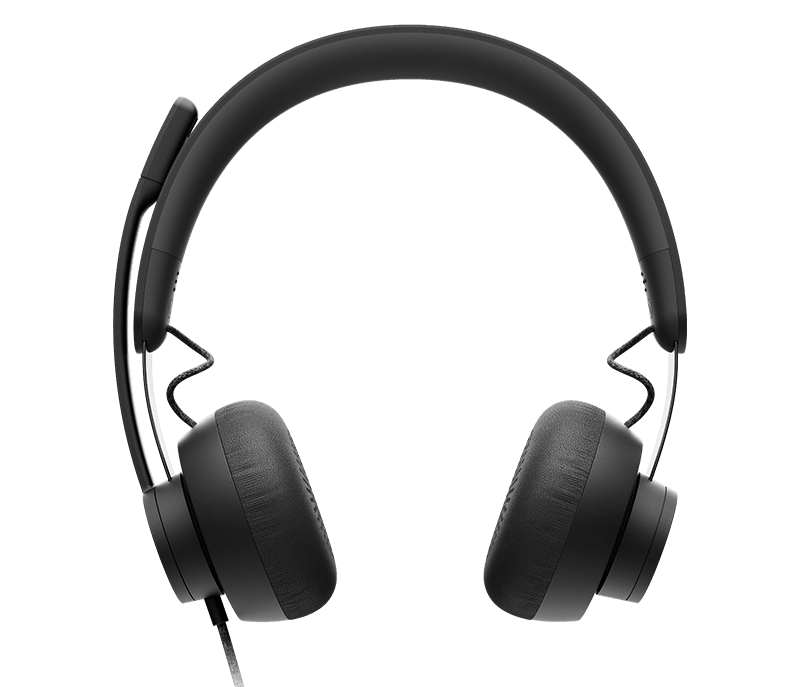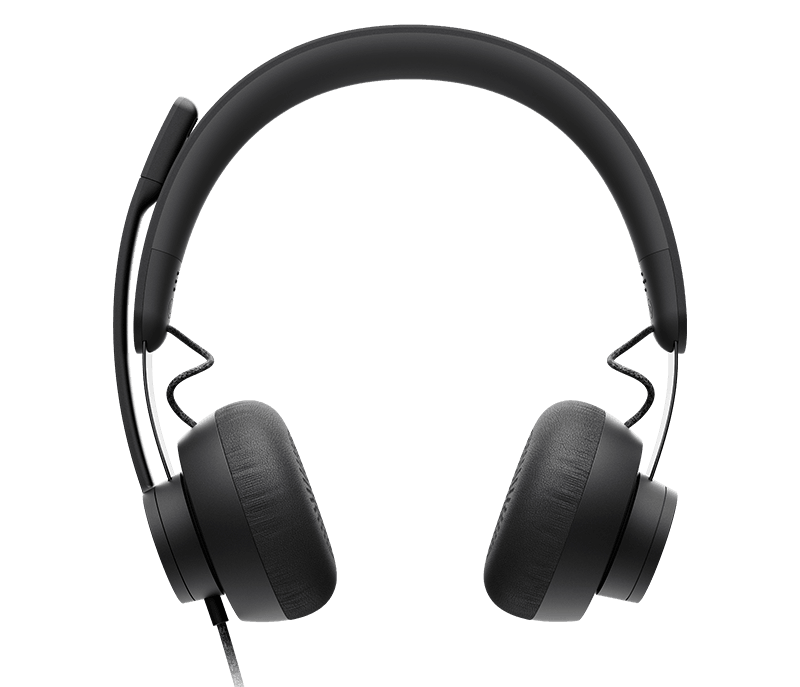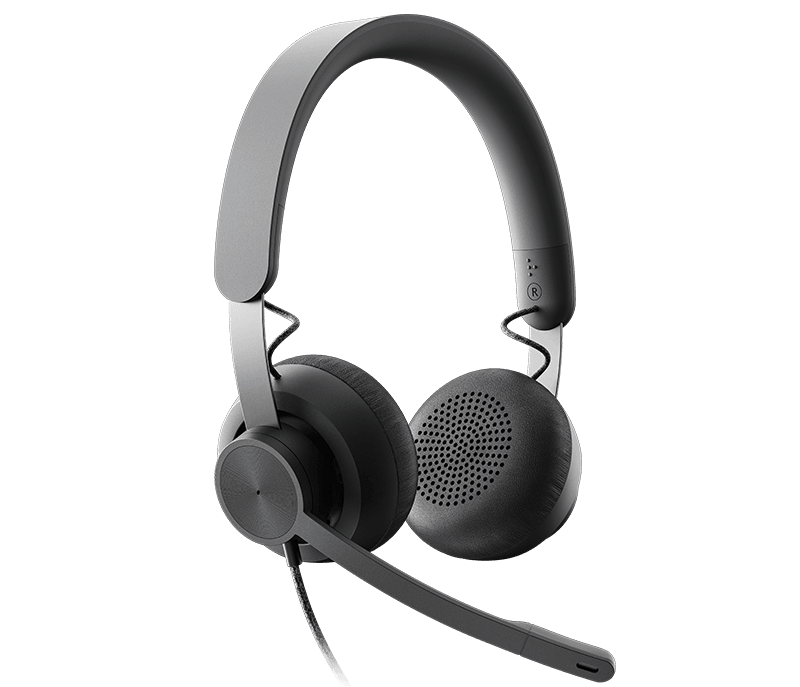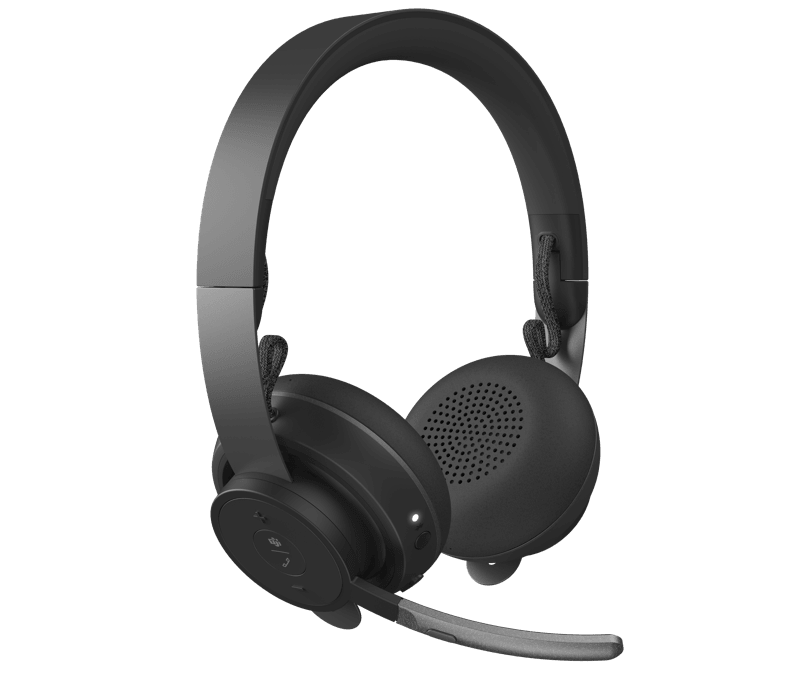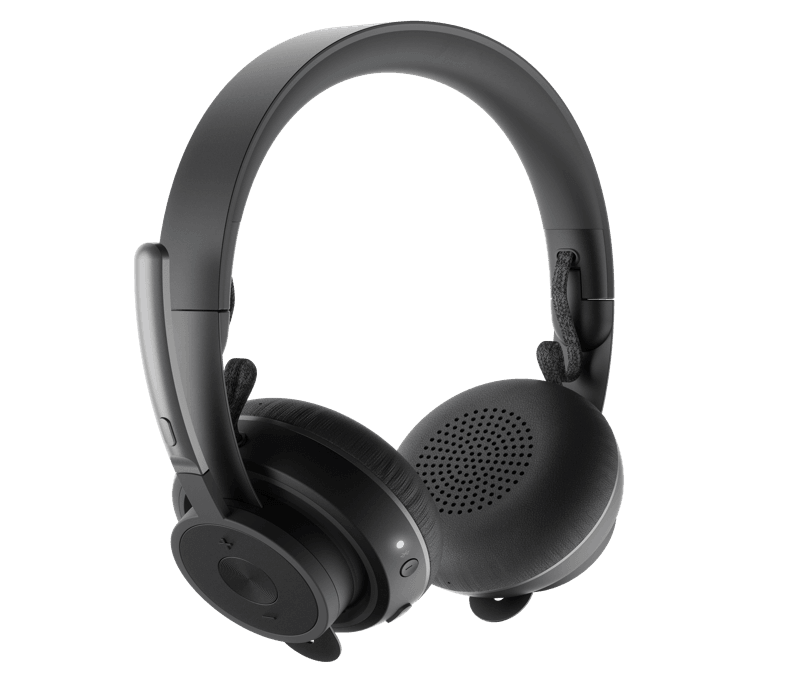Making the decision about whether to get a desktop or notebook for your business can be difficult. It is important to consider all the advantages and disadvantages of each machine before making a decision. This article will discuss the differences between a desktop and a notebook, and the advantages and disadvantages of each for business use. It will also explore the factors you may want to consider when deciding which machine is best for your needs.
Introduction
A desktop computer is a personal computer designed for use at a stationary workplace. It typically consists of a monitor, keyboard, mouse, and other components all housed in a single unit. A notebook, on the other hand, is a smaller, portable computer. It is typically smaller than a desktop, with a built-in monitor, keyboard, trackpad, and other components.
The most obvious reason to choose one machine over the other is portability. Notebooks are much more portable than desktop computers and can be taken with you to work, school, or anywhere else. In contrast, desktop computers are best suited for use at a stationary workspace. There may also be other considerations that could influence your decision, such as cost, size, performance, and more.
Advantages of Desktop for Business
- Flexibility: Desktop computers offer greater flexibility than notebooks since they can be customized and upgraded with new components and peripherals. You can also select components to create a machine that is tailored to the specific needs of your business.
- More Power and Memory: Desktops generally have more powerful processors and more memory than notebooks. This can be beneficial for businesses that need to perform high-end tasks or work with large datasets.
- Cost-Effectiveness: Desktops generally cost less than notebooks and can offer similar or better performance at a lower price. This can make them a cost-effective option for businesses on a budget.
- Easier to Upgrade: Desktops are typically easier to upgrade than notebooks. You can easily add or replace components, such as graphics cards, memory, and hard drives, to improve performance.
Advantages of Notebook for Business
- Portability: Notebooks are much more portable than desktops, making them an ideal choice for businesses that require employees to work on the go.
- Saves Time & Money on Travel: Notebooks are perfect for businesses with employees who travel frequently. With a notebook, employees can stay productive while on the road without having to bring a separate desktop computer along.
- Connectivity: Notebooks typically come with built-in Wi-Fi, allowing users to stay connected to the internet wherever they are.
- Easier Setup and Maintenance: Notebooks come pre-configured with all of the necessary components, software, and settings, so there is no need to install anything. This makes setup fast and easy. Notebooks are also typically easier to maintain since most components are contained in one unit.
Factors to consider while deciding
When deciding between a desktop and a notebook, there are several factors you may want to consider. These include the following:
- Price: The price of a desktop or notebook can vary depending on its components and features. Be sure to compare prices to get the best value for your money.
- Performance: You should consider the performance of the machine in relation to your business needs. A powerful machine might be necessary if you plan to do a lot of multitasking or graphic-intensive work.
- Usability: Consider the usability of the machine. Does it have the necessary ports and software for your needs? Is it easy to set up and maintain?
- Portability: Consider how portable the machine is and how often you will need to take it with you. If you plan to travel frequently, a notebook might be the better option.
Conclusion
Choosing between a desktop and a notebook for your business can be a difficult decision. It is important to consider all the advantages and disadvantages of each machine and all the factors that may impact your decision. Consider the cost, performance, usability, and portability of the machine in relation to your business needs to make the best decision.
